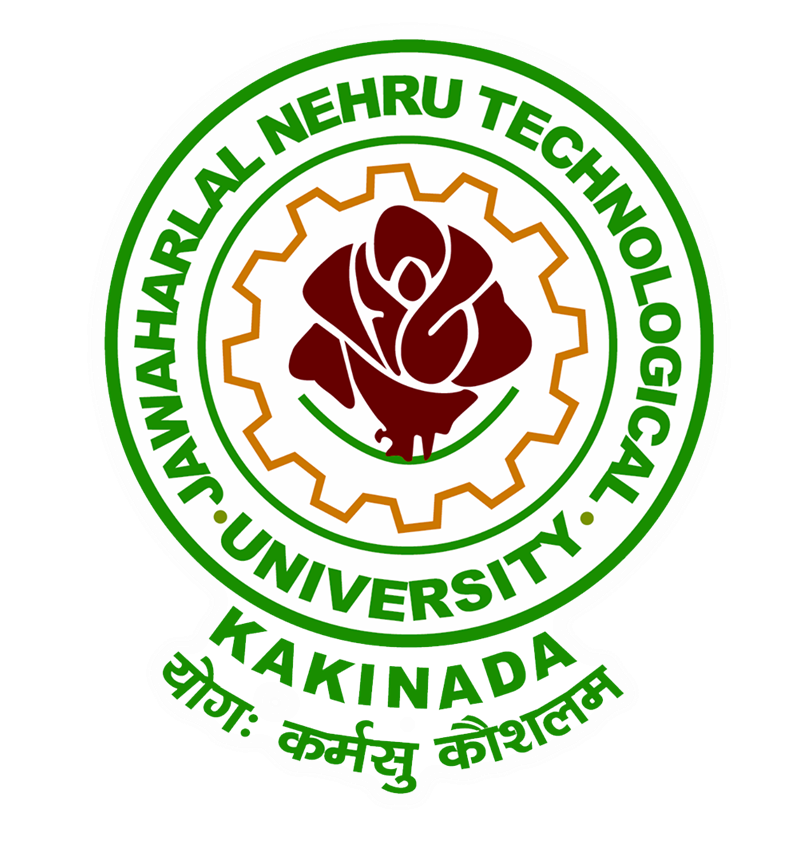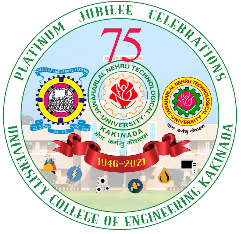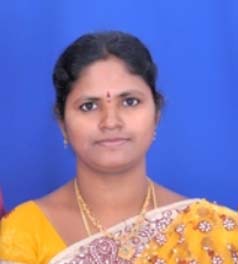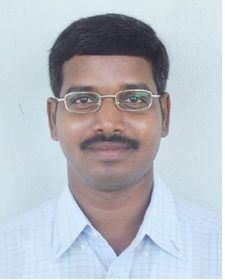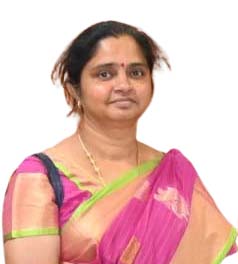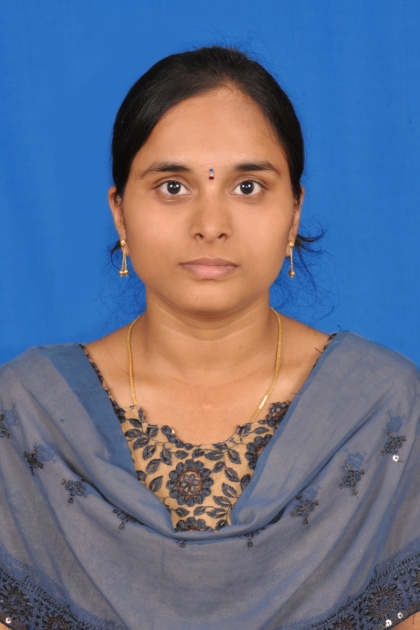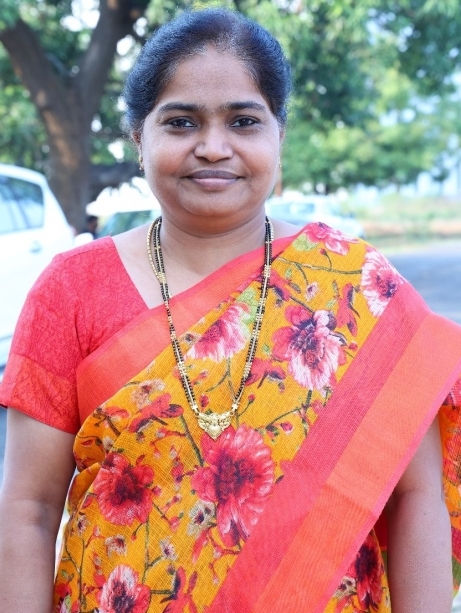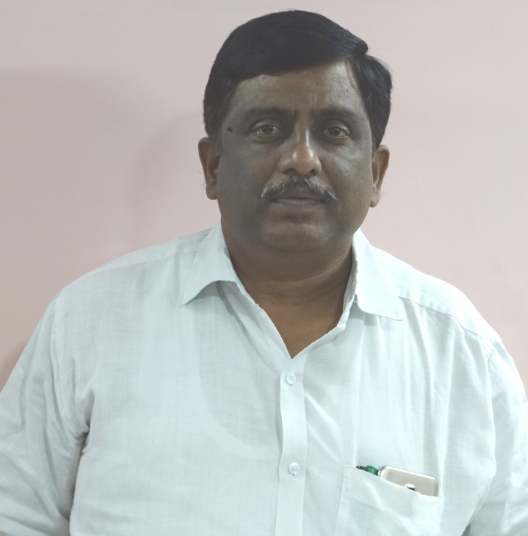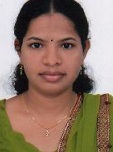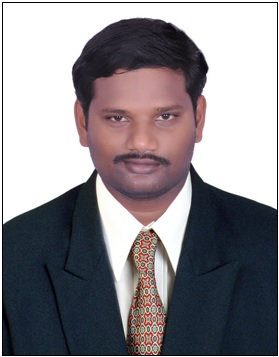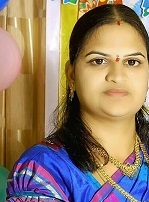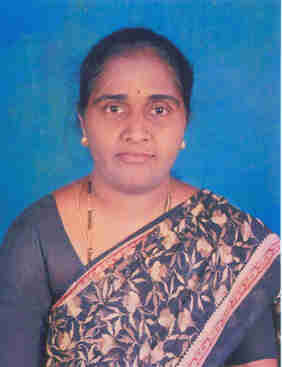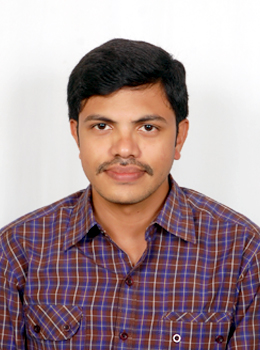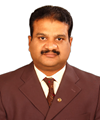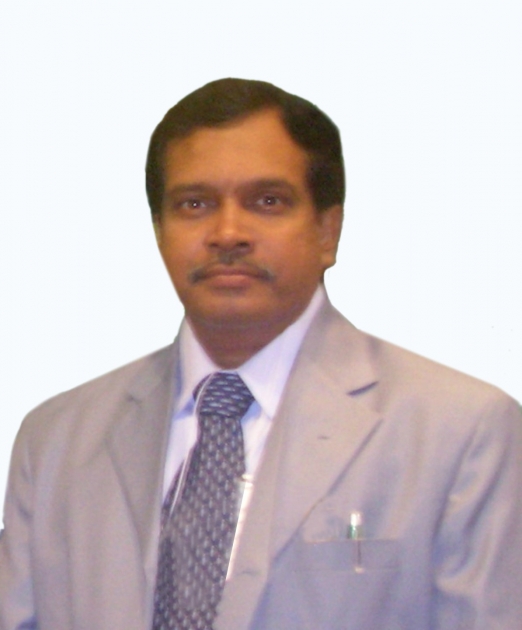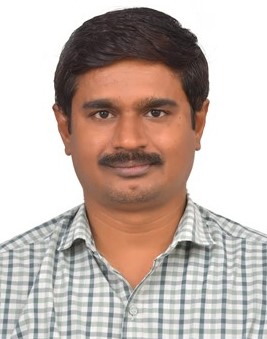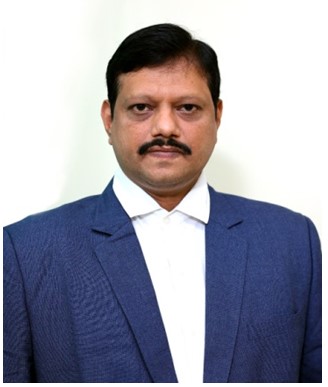HOD’s Desk
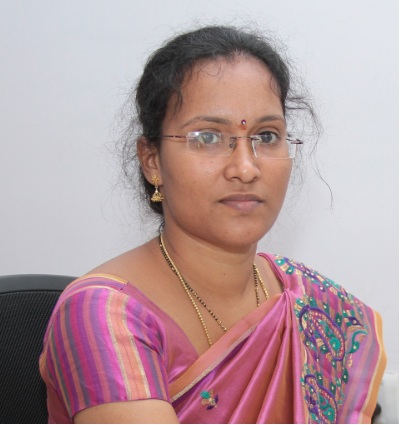
Dr. Leela Kumari Balivada
Head of the Department
Department of Electronics and Communication Engineering, JNTUK
Ph.D.
Email: leela8821@yahoo.com
Office Phone: 8842300943
Department Overview
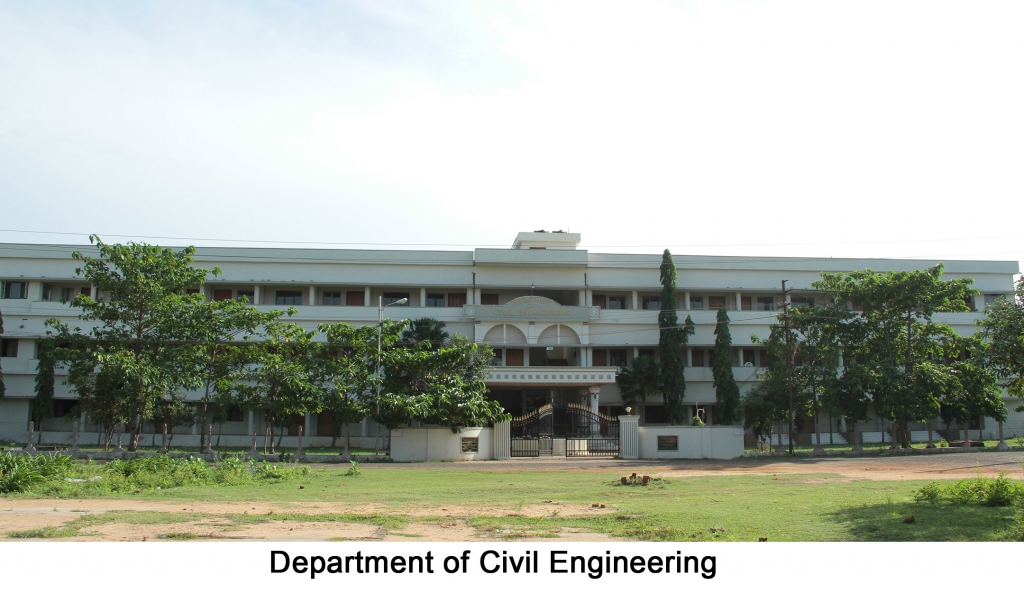
Department of Electronics and Communication Engineering
Overview of the Department of Electronics and Communication Engineering (ECE)
The Department of Electronics and Communication Engineering (ECE) at JNTU College of Engineering, Kakinada, holds a prestigious legacy as one of the oldest ECE departments in the country. Established in 1958 under the name Telecommunication Engineering Department, it was the first of its kind in the state of Andhra Pradesh. The department was later renamed to reflect the broader scope of Electronics and Communication Engineering as the discipline evolved.
Over the decades, the department has nurtured generations of professionals who have gone on to make significant contributions across the globe. Its alumni have achieved distinction in academia, industry, research, and public service, upholding the department’s reputation for academic excellence and innovation.
Milestone Celebration
In 2008, the department proudly celebrated its Golden Jubilee, marking 50 years of excellence in engineering education. This event highlighted the department’s rich history and its impactful contributions to the field of electronics and communication.
Faculty and Infrastructure
The department is supported by a team of highly qualified and experienced faculty members who are committed to teaching, research, and mentorship. It is equipped with state-of-the-art infrastructure, including modern laboratories, advanced equipment, and cutting-edge software tools that facilitate effective learning and hands-on training.
Academic Programs
The ECE Department offers both Undergraduate (B.Tech) and Postgraduate (M.Tech) programs. These programs are designed to:
-
Provide a strong theoretical foundation.
-
Develop practical skills in electronics, communication systems, signal processing, VLSI design, embedded systems, and more.
-
Encourage innovation, research, and industry-readiness among students.
Legacy and Pride
The mutual pride shared between the department and its accomplished alumni reflects the enduring impact of its academic and cultural legacy. With its commitment to excellence, the department continues to be a pillar of engineering education, preparing students to meet the challenges of a rapidly advancing technological world.
Vision & Mission
Vision
To remain a symbol of pride in the fields of Electronics and Communication Engineering by producing holistic and diligent Engineers for industrial and societal needs.
Mission
M1: To produce high quality learners who are globally competitive and professionally challenged in the field of electronics and communication engineering.
M2: To offer educational programmes that imparts inventive knowledge with high levels of ethical and human values.
M3: To provide a platform to acquire and implement innovative ideas in research and development.
M4: To build up the state of art laboratories and centers of excellence in different areas of electronics and communication engineering.
M5: To train the students and faculty to update their knowledge in pioneering technologies to meet industrial requirements.
PEOs, POs & PSOs
B.Tech
Electronics and Communication Engineering
PEO 1: Do extremely well in professional career and higher education by attaining knowledge in mathematical, computing and engineering principles.
PEO 2: Analyze real-life problems, and design systems appropriate to its solutions in the field of electronics and communication engineering that are technically sound, economically feasible, and socially acceptable.
PEO 3: Possess good communication skills and ethical attitude with ability to work in teams and adapt to current trends by engaging in lifelong learning.
M.Tech
Computers and Communications
PEO 1 : Acquire technical knowledge for specialized careers in computers, communications and related fields that cater to the Global need
PEO 2 : Expertise in carrying out project works in advanced communication engineering by using state-of-the-art computing techniques and to develop interdisciplinary research.
PEO 3 : Possess good communication and presentation skills with ability to work in teams and contributing massively to the technological development of Nation.
Instrumentation and Control engineering
PE0 1: Attain technical knowledge for specialized careers in instrumentation, control systems and related fields that cater to the Global needs.
PEO 2: Expertise in carrying out project works in advanced instrumentation and process control engineering by using recent advancements to do research
PEO3: Possess good communication and presentation skills with ability to work in teams and contributing massively to the technological development of Nation.
B.Tech
PO1: Engineering knowledge: Apply the knowledge of mathematics, science, engineering fundamentals, and an engineering specialization to the solution of complex engineering problems.
PO2: Problem analysis: Identify, formulate, review research literature, and analyze complex engineering problems reaching substantiated conclusions using first principles of mathematics, natural sciences, and engineering sciences.
PO3: Design/development of solutions: Design solutions for complex engineering problems and design system components or processes that meet the specified needs with appropriate consideration for the public health and safety, and the cultural, societal, and environmental considerations.
PO4: Conduct investigations of complex problems: Use research-based knowledge and research methods including design of experiments, analysis and interpretation of data, and synthesis of the information to provide valid conclusions.
PO5: Modern tool usage: Create, select, and apply appropriate techniques, resources, and modern engineering and IT tools including prediction and modeling to complex engineering activities with an understanding of the limitations.
PO6: The engineer and society Apply reasoning informed by the contextual knowledge to assess societal, health, safety, legal and cultural issues and the consequent responsibilities relevant to the professional engineering practice.
PO7: Environment and sustainability: Understand the impact of the professional engineering solutions in societal and environmental contexts, and demonstrate the knowledge of, and need for sustainable development.
PO8: Ethics: Apply ethical principles and commit to professional ethics and responsibilities and norms of the engineering practice.
PO9: Individual and team work: Function effectively as an individual, and as a member or leader in diverse teams, and in multidisciplinary settings.
PO10: Communication: Communicate effectively on complex engineering activities with the engineering community and with society at large, such as, being able to comprehend and write effective reports and design documentation, make effective presentations, and give and receive clear instructions.
PO11: Project management and finance : Demonstrate knowledge and understanding of the engineering and management principles and apply these to one’s own work, as a member and leader in a team, to manage projects and in multidisciplinary environments.
PO12: Life-long learning: Recognize the need for, and have the preparation and ability to engage in independent and life-long learning in the broadest context of technological change.
M.Tech
Computers and Communications
PO 1 : The graduate will be able to acquire in depth knowledge in the area of computers and communications with emphasis on communications.
PO 2 : The graduate will be enabled with the capabilities of critical thinking, analyzing real world problems and handling the complexities to arrive feasible and optimal solutions considering societal and environmental factors.
PO 3 : The graduate will be enabled with lateral thinking and problem solving capabilities in the area of computers and communications with emphasis on communications.
PO 4 : The graduate will be able to extract information through literature survey and apply appropriate research methodologies, techniques and tools to solve problems in computers and communications with emphasis on communications.
PO 5 : The graduate will be enabled to use the state-of-the-art tools for modelling, simulation and analysis of problems related to computers and communications.
PO 6 : To inculcate leadership and entrepreneurial skills so as to enable the students to work in a challenging and interdisciplinary environment.
PO 7 : The graduate will demonstrate knowledge and understanding of computers and communications with emphasis on communications and management principles and apply the same for efficiently carrying out projects with due consideration to economical and financial factors.
PO 8 : The graduate will be able to communicate confidently, make effective presentations and write effective reports to engineering community and society.
PO 9 : The graduate will recognize the need for life-long learning and have the ability to do it independently.
PO 10 : The graduate will become socially responsible and follow ethical practices to contribute to the community for sustainable development of society.
PO 11 : The graduate will be able to independently observe and examine critically theoutcomes of his actions and reflect on to make corrective measures subsequently and move forward positively by learning through mistakes.
Instrumentation and Control engineering
PO 1 : The graduate will be able to acquire in depth knowledge in the area of instrumentation and control systems with an emphasis on industrial process control and instrumentation.
PO 2: The graduate will be enabled with the capabilities of critical thinking, analyzing real world problems and handling the complexities to arrive feasible and optimal solutions considering societal and environmental factors.
PO 3: The graduate will be enabled with lateral thinking and problem solving capabilities in the area of instrumentation and control systems with an emphasis on industrial process control and instrumentation
PO 4: The graduate will be able to extract information through literature survey and apply appropriate research methodologies, techniques and tools to solve problems in instrumentation and control systems with an emphasis on industrial process control and instrumentation
PO 5: The graduate will be enabled to use the state-of-the-art tools for modelling, simulation and analysis of problems related to instrumentation and control systems.
PO 6: To inculcate leadership and entrepreneurial skills so as to enable the students to work in a challenging and interdisciplinary environment.
PO 7: The graduate will demonstrate knowledge and understanding of instrumentation and control systems and management principles that apply the same for efficiently carrying out industry-oriented projects with due consideration to economical and financial factors.
PO 8 :The graduate will be able to communicate confidently, make effective presentations and write effective reports to engineering community and society.
PO 9 :The graduate will recognize the need for life-long learning and have the ability to do it independently.
PO 10: The graduate will become socially responsible and follow ethical practices to contribute to the community for sustainable development of society.
PO 11 :The graduate will be able to independently observe and examine critically the outcomes of his actions and reflect on to make corrective measures subsequently and move forward positively by learning through mistakes.
Program Specific Outcomes
Electronics and Communication Engineering
PSO 1: To improve the quality of Human existence, analyze and create electronic electrical circuits and communication systems.
PSO 2: To develop cutting-edge, environmentally mindful technologies to ensure human survival.
PSO 3: To train students for the design and testing of Electronic system devices.
PSO 4: To Analyze, Design, Simulate and Implement computer hardware/software and use basic analog/digital circuits, VLSI Design electronic systems for various computing and communication system, Intra and Inter disciplinary applications.
Syllabus
| Regulation Code | Programme Level | Department | Specialization | Document | Date |
|---|---|---|---|---|---|
| No records found | |||||
Faculty
Contract Faculty
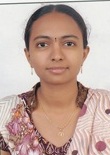
Mrs. KRISHNAVENI CHALLA
krishnaveni.challa.486@gmail.com
Mrs. Nammi. Amrutha Bindu
amruthanammi@gmail.com
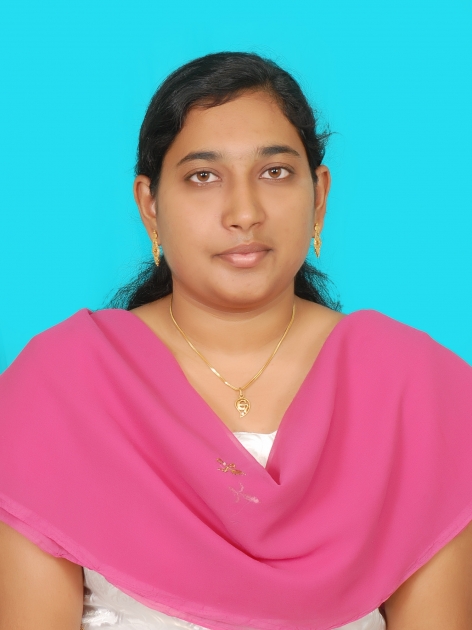
Mrs. GOWTHAMI YADALA
gowthami.y89@gmail.com
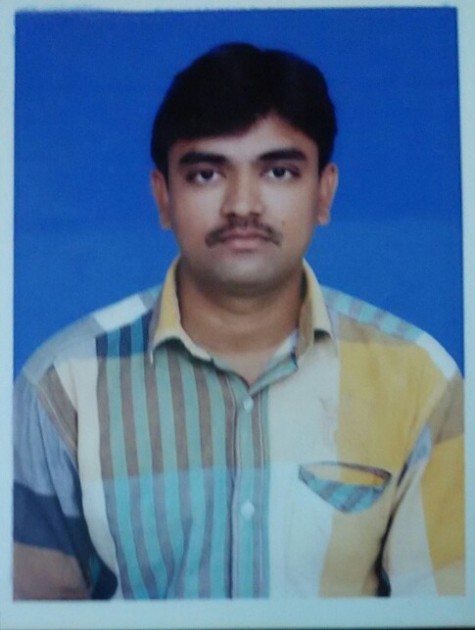
Mr. Hari krishhna kanneboina
hari412.k@gmail.com
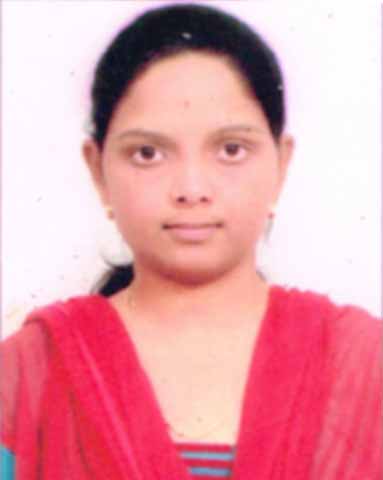
Mrs. prasanthi badugu
prasanthir52@gmail.com
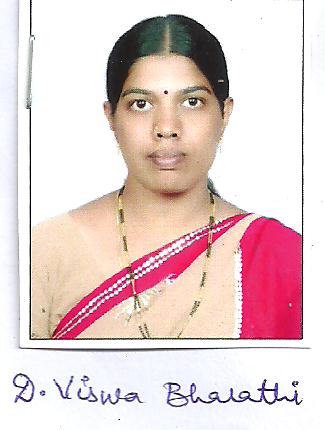
Mrs. viswa bharathi D
vbharathidevarakonda@gmail.com
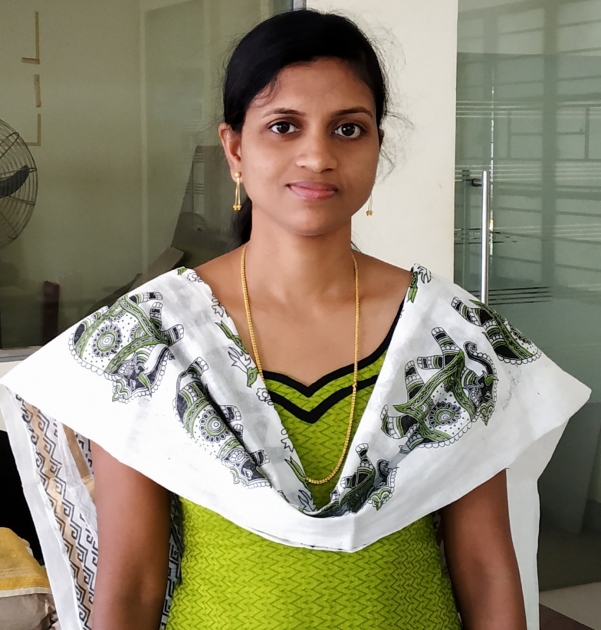
Mrs. A.D.Bhavani
bhavani467@gmail.com

Mr. NAGARJUNA SINGAM
nagarjunasingam439@gmail.com
Mrs. J SIREESHA
jsireesha4@gmail.com
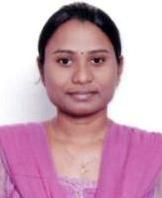
Mrs. T.V.Ramani
ramani170892@gmail.com

Ms. SATHYA VENI. R
satya.genny@gmail.com
Roll of Honours
| # | Register No | Student Name | Department | Year of Pass Out | Percentage | Created At |
|---|---|---|---|---|---|---|
No records found.
| ||||||
Placements
| # | Htno | Student Name | Department | Employee Name | Created At |
|---|---|---|---|---|---|
| 1 | 10021A0505 | Chogala S R Swamy Saranam | Electronics and Communication Engineering | Cognizant | 2025-05-19 09:10:49 |
| 2 | 10021A0548 | I Ramya Meghna | Electronics and Communication Engineering | NCR | 2025-05-19 09:10:49 |
